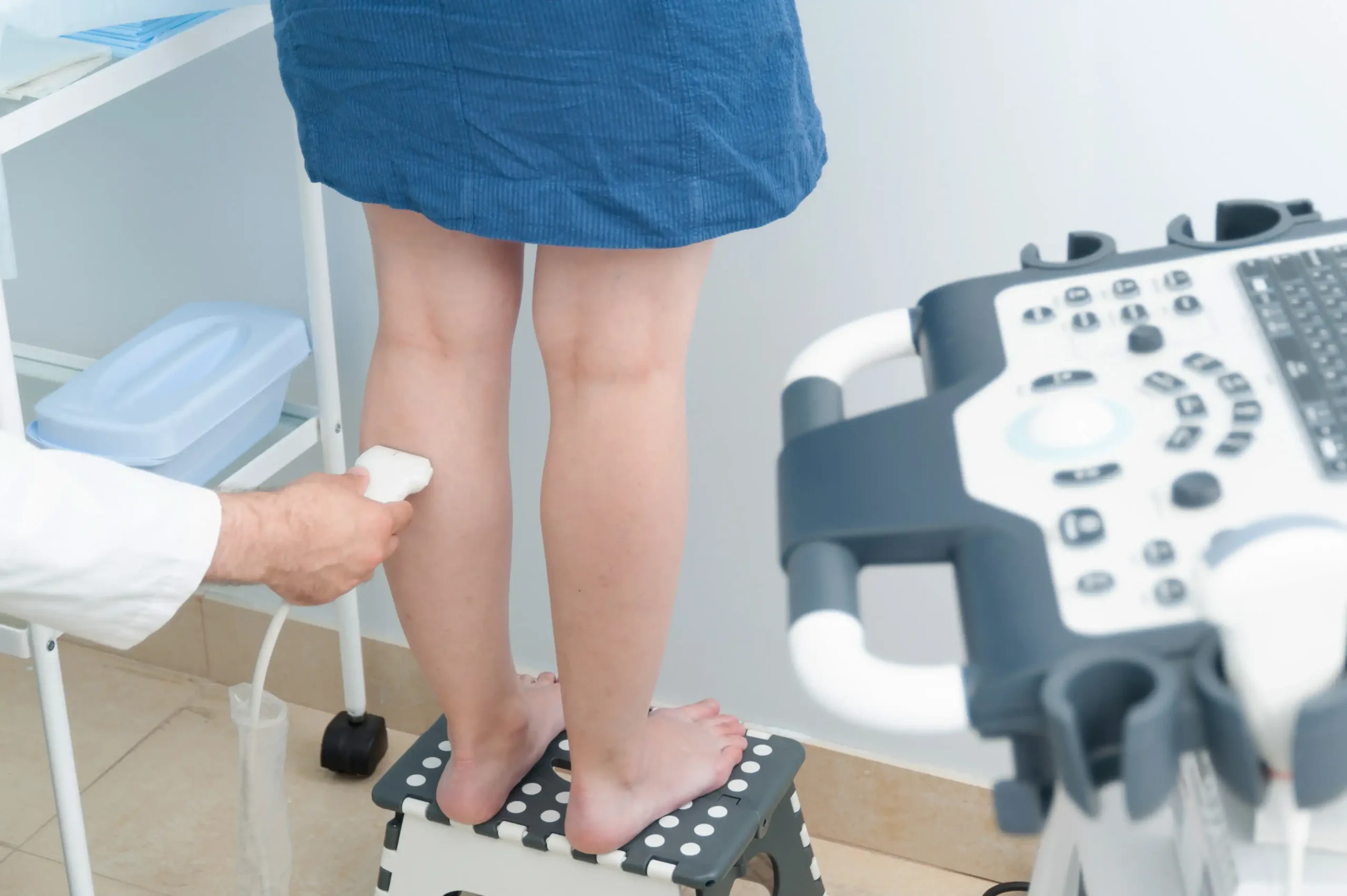When varicose veins or chronic venous insufficiency cause leg pain, swelling, or visible bulging veins, radiofrequency ablation (RFA) offers a minimally invasive option to treat the underlying venous problem. Choosing a doctor with expertise in RFA is critical for achieving long-lasting results.
What symptoms indicate RFA may be necessary?
Patients considering RFA often experience:
- Leg heaviness, fatigue, or aching that worsens after prolonged standing
- Swelling in ankles or lower legs, sometimes with skin discoloration
- Twisted or bulging varicose veins causing discomfort or cosmetic concerns
- Nighttime cramping or restless legs linked to venous insufficiency
- Burning, throbbing, or itching sensations along affected veins
Persistent symptoms despite compression stockings or lifestyle modifications are a clear signal to consult a vein specialist for RFA evaluation.
Why see a specialist for Radiofrequency Ablation?
Radiofrequency ablation is a precise procedure that requires advanced understanding of vein anatomy and careful technique to ensure safe, effective results.
You should see a vein specialist if you experience any of the following:
-
Leg symptoms that are worsening or disrupting your daily activities
-
Skin changes, inflammation, or ulcers near visible veins
-
A history of blood clots or clotting disorders
-
Previous vein treatments that need follow-up or correction
A vein specialist ensures that RFA targets the correct veins, treats the underlying cause of venous insufficiency, and minimizes the risk of complications.
What makes a doctor qualified to perform RFA?
Top RFA doctors combine advanced training, technical expertise, and high procedural volume. Key qualifications include:
- Board certification in vascular surgery, interventional radiology, or phlebology
- Training in minimally invasive venous procedures
- Experience performing RFA procedures annually
- Access to modern RFA equipment with precise temperature and energy control
Take the first step toward relief from varicose veins. Schedule your consultation with one of our trusted vein specialists today.
How Vein Treatment Clinic specialists deliver expert RFA care?
Radiofrequency Ablation (RFA) is most effective when performed by experienced vein specialists who combine advanced imaging and precision technique.
At Vein Treatment Clinic, our vein doctors:
-
Conduct detailed ultrasound mapping to locate refluxing veins and design individualized treatment plans.
-
Use minimally invasive RFA technology to close diseased veins safely and efficiently, restoring healthy blood flow.
-
Maintain extensive procedural experience, ensuring consistent results and optimal safety.
Patients frequently share their positive experiences, noting relief from leg pain, improved appearance, and renewed confidence after treatment at Vein Treatment Clinic. Their feedback reflects our commitment to comfort, results, and compassionate care at every step.
What to expect during an RFA procedure?
- Initial consultation: Review symptoms, medical history, and treatment goals
- Ultrasound mapping: Identify vein anatomy and plan the procedure
- Procedure: Local anesthesia applied, catheter inserted into the target vein, radiofrequency energy applied to close the vein
- Post-procedure care: Compression stockings and short walks
- Recovery: Most patients resume normal activities immediately, with minimal bruising or discomfort
Related questions you might be wondering about:
Can everyone with varicose veins get radiofrequency ablation (RFA)?
RFA is typically recommended for veins that show reflux or poor valve function on an ultrasound. Your vein specialist will review your medical history and perform imaging to decide the best treatment for you.
Is radiofrequency ablation painful?
Most patients describe only mild warmth or pressure during the procedure. Local anesthesia is used to keep the area comfortable, and any post-procedure soreness usually resolves within a few days.
How long does radiofrequency ablation take?
RFA is usually completed in less than an hour. Most patients can walk immediately after the procedure and return to regular activities the same day.
What should I avoid after RFA treatment?
Your doctor may advise avoiding heavy lifting, strenuous exercise, and hot baths for a short time. Light walking is encouraged to promote circulation and recovery. Always follow your specialist’s post-procedure instructions for the best results.
Take the next step toward healthy legs
If you’re struggling with varicose veins or leg discomfort, radiofrequency ablation offers a proven, comfortable solution. Schedule your consultation today at Vein Treatment Clinic to speak with a vein specialist and begin your personalized vein treatment plan.









